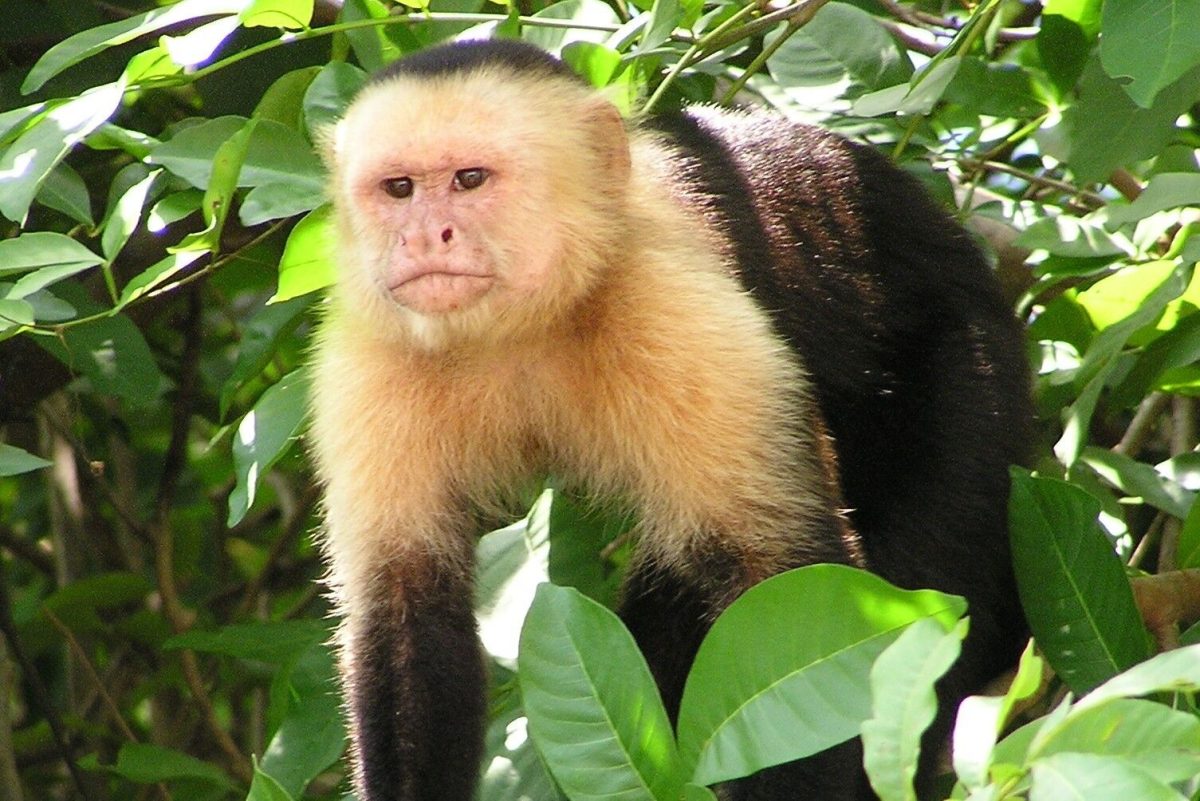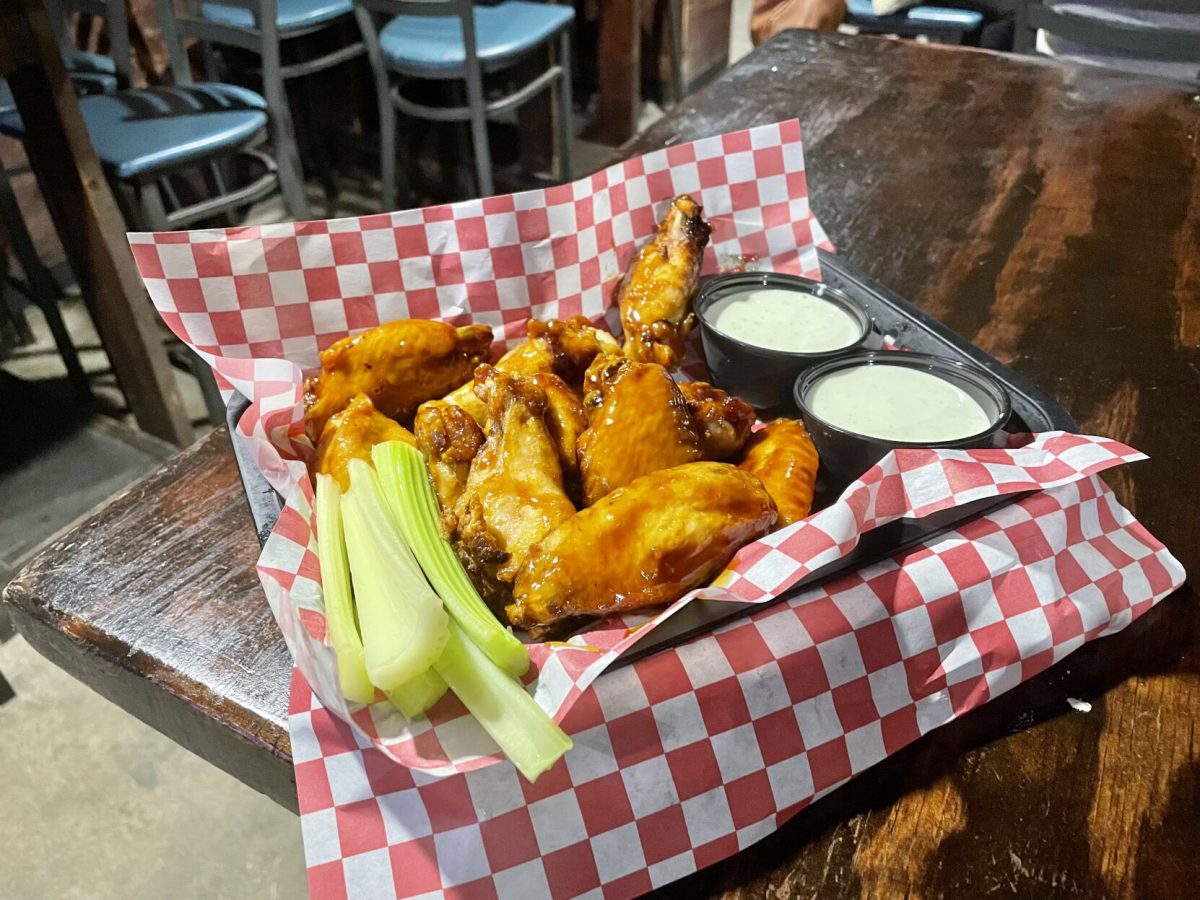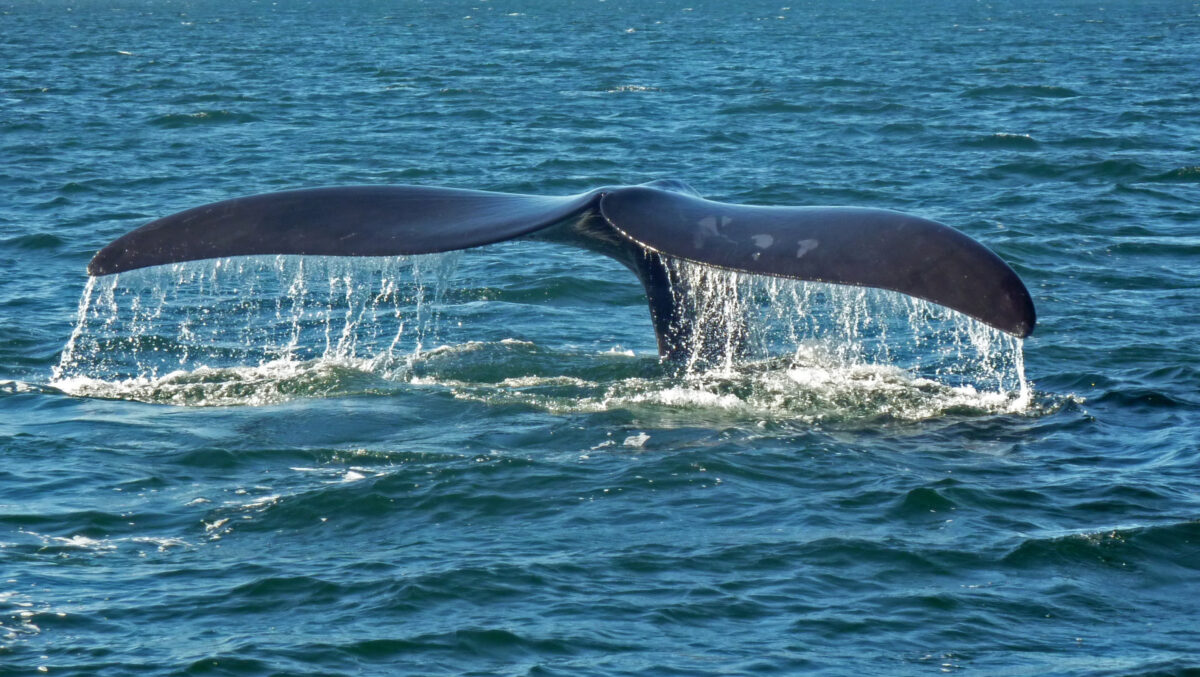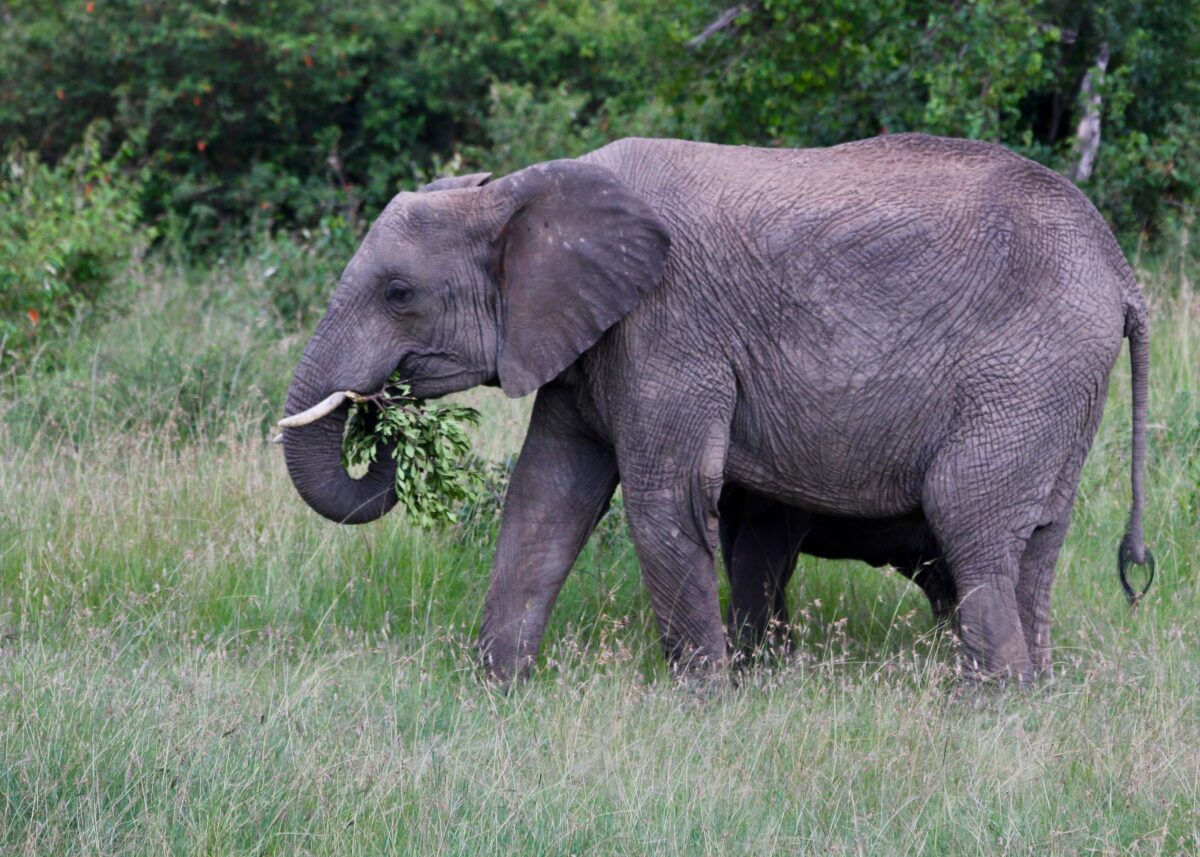How loyal are your friends? Would they step in and save you from a snake attack? If you said no, you may want to consider leaving those frightened humans behind and befriending a group of capuchin monkeys.
According to an account published in Naturein 2020, scientists in Costa Rica observed a coordinated rescue of a juvenile capuchin monkey from a boa constrictor’s grasp. This attack and subsequent rescue of the young primate provides insight into how group social behavior has evolved in primates.
This encounter between a Boa constrictor and capuchin monkey, Cebus imitator, occurred during a play session being filmed by scientists. Suddenly, during the session, one of the monkeys began to scream. Less than a second later, another monkey in the group began making alarm call signals, triggering the alpha, or dominant, male of the group to approach the attacking snake.
Shortly thereafter, the alpha female of the group approached with her baby in tow. As more monkeys joined the alarm call, the alpha male and several others began to hit, scratch and bite the snake. In an impressive moment of synchrony, several monkeys pulled the victim from the snake’s grasp while the alpha male held the snake, biting viciously enough to draw blood.
Finally, the victim was free, and the other monkeys continued with vocal threats toward the snake as both parties retreated.
While it sounds like something out of a low-budget action film, this interaction has implications for behavioral scientists. Attacks by predators like snakes were a major force in the evolution of primate sensory systems.
Additionally, cooperative defense behavior has been observed in many species. What makes this instance unique is that multiple individuals in the group put themselves in direct danger of attack with no guarantee of a successful rescue and no personal benefit.
Still, the effectiveness of this rescue leads scientists to believe that protection behavior is a regular occurrence among capuchin monkeys. This raises questions about whether these animals value kinship in their society and the role of the alpha male as the “protector” of the group.
Additionally, it suggests that constricting snake attacks are responsible for cooperative behaviors amongst small primates, considering that these coordinated rescues have yet to be observed in larger primates.
So, next time you encounter a boa constrictor, put your group to the test. If they fail to save you, consider hiring a capuchin security detail.















